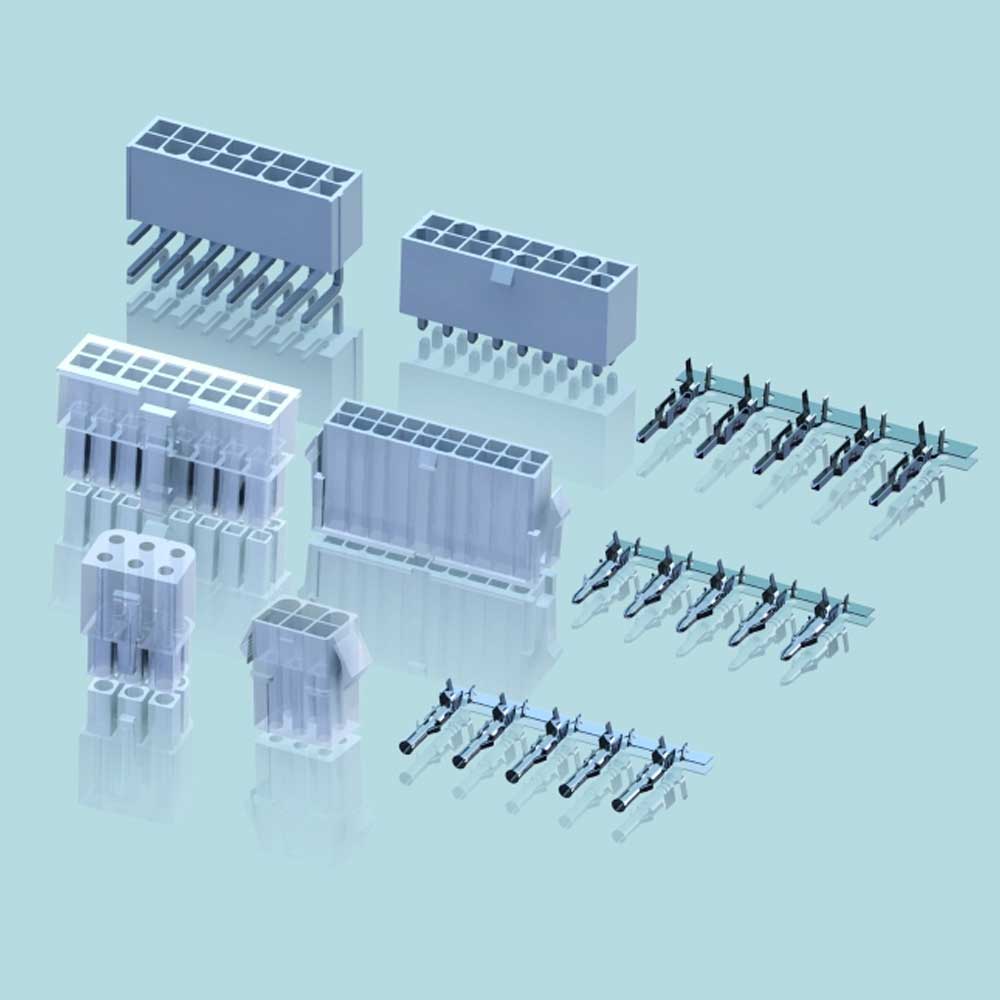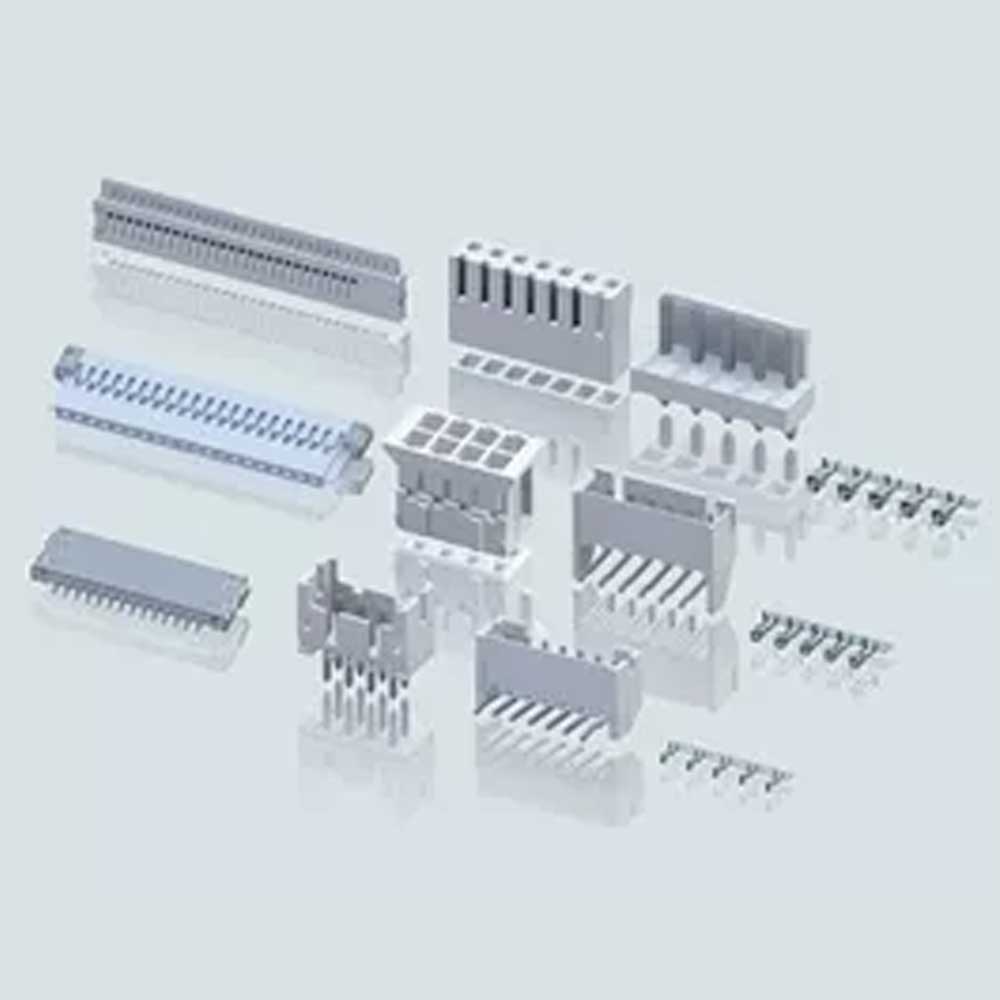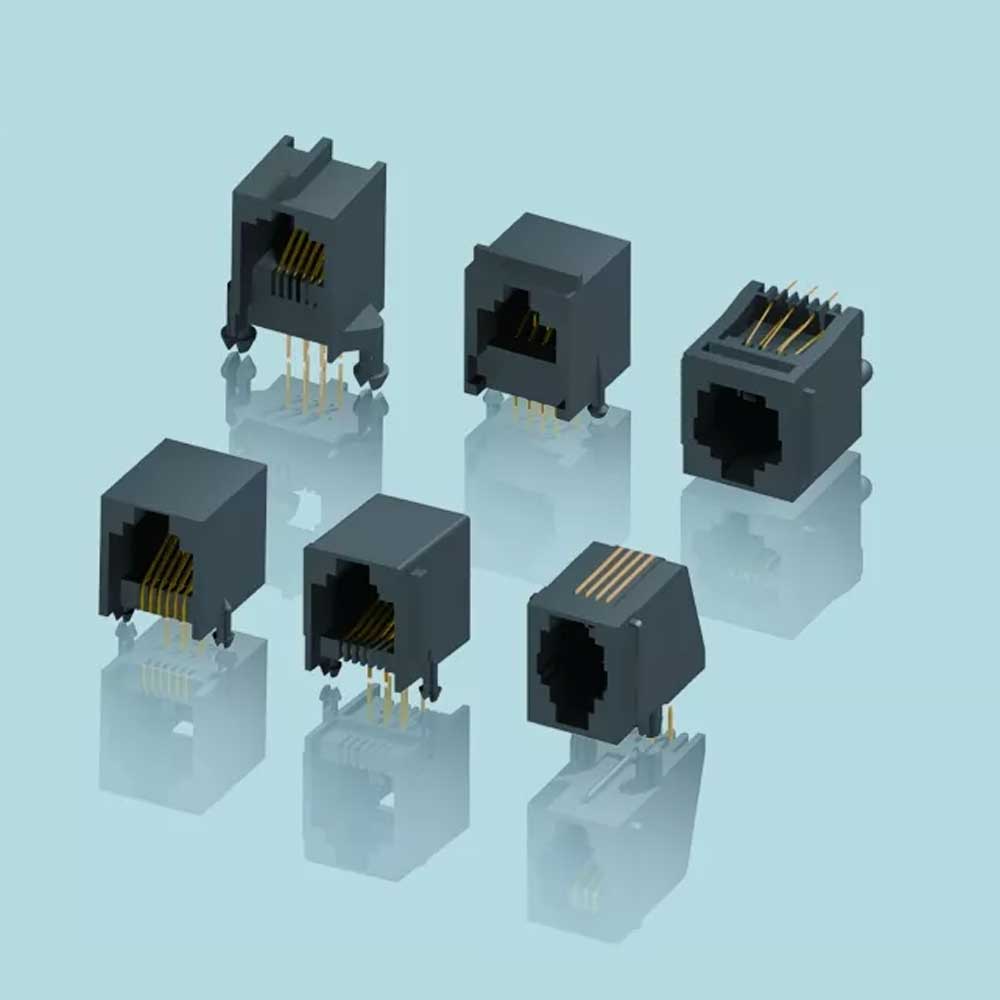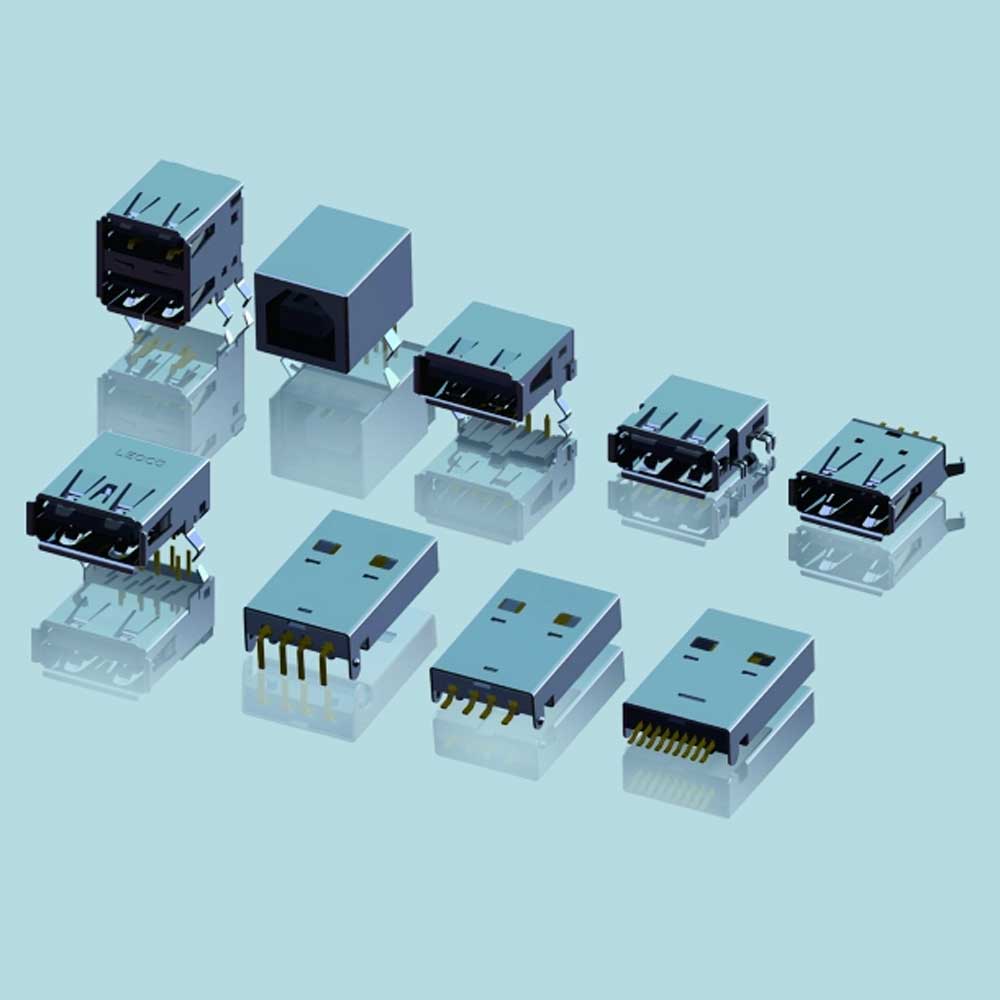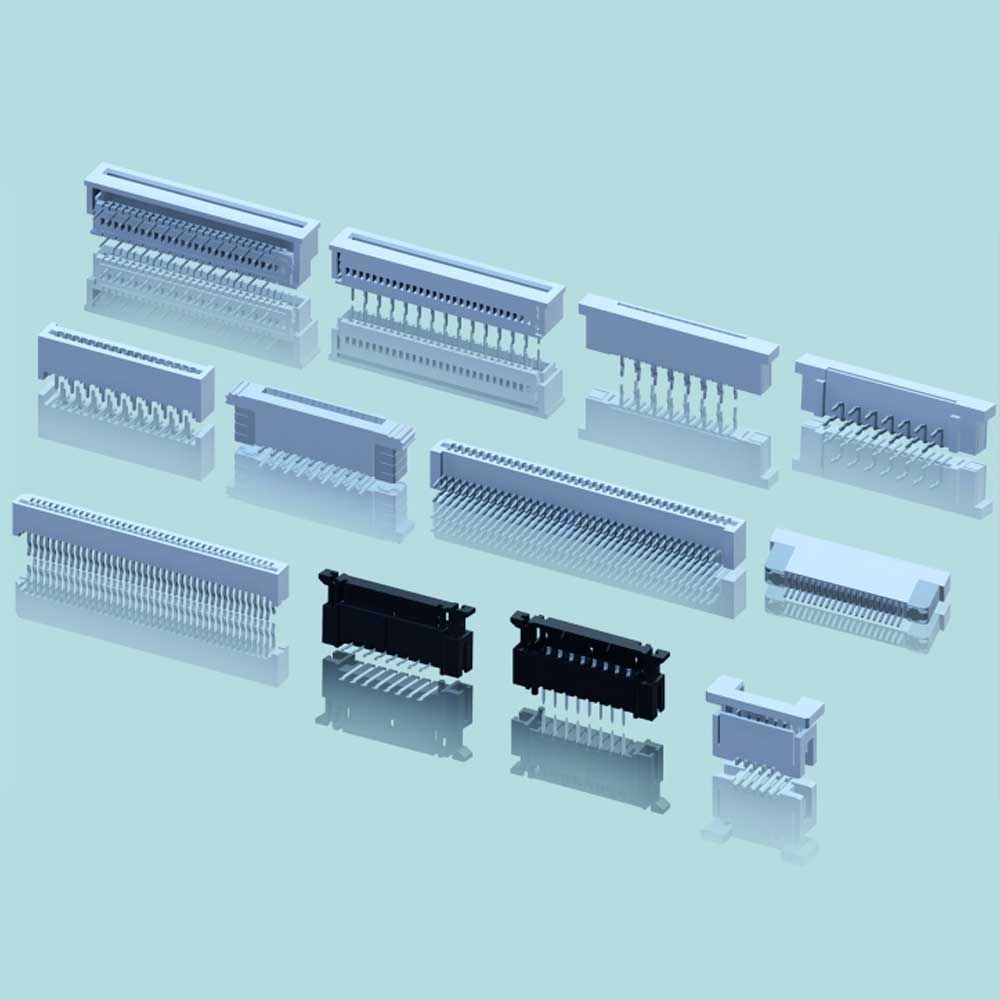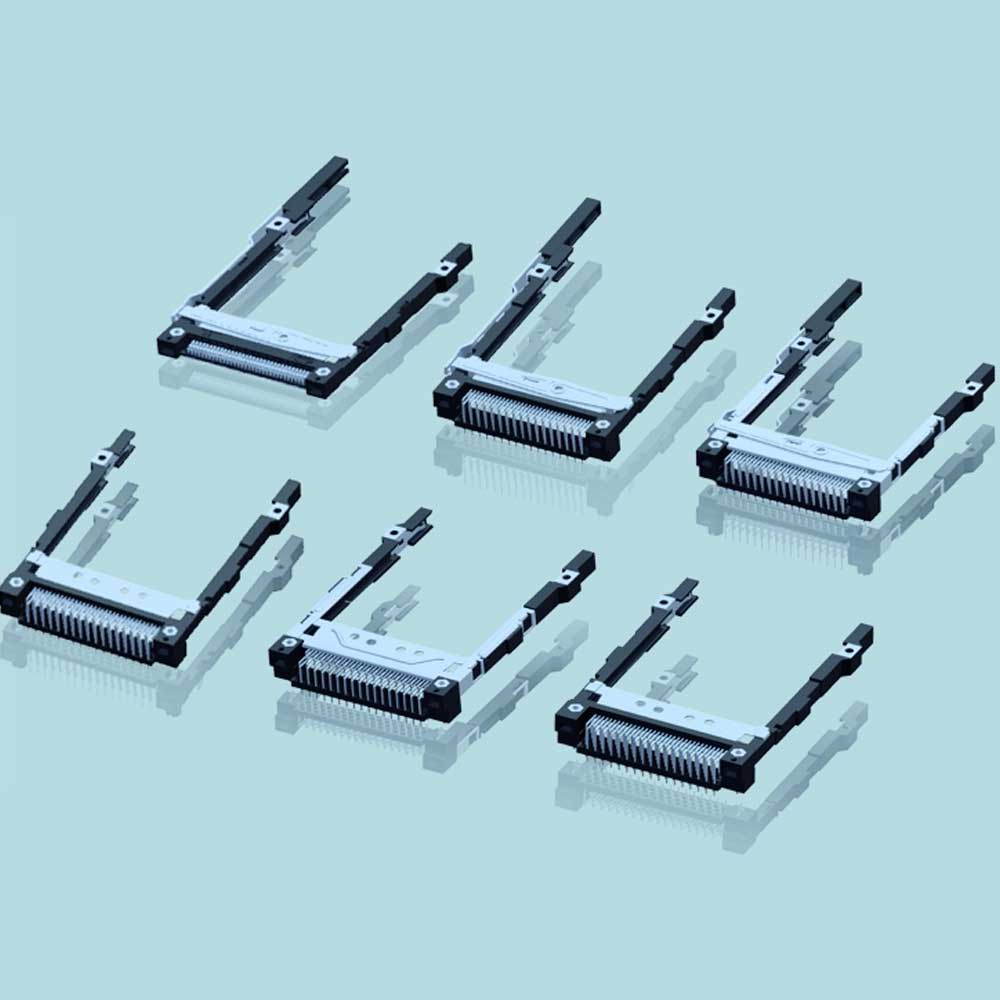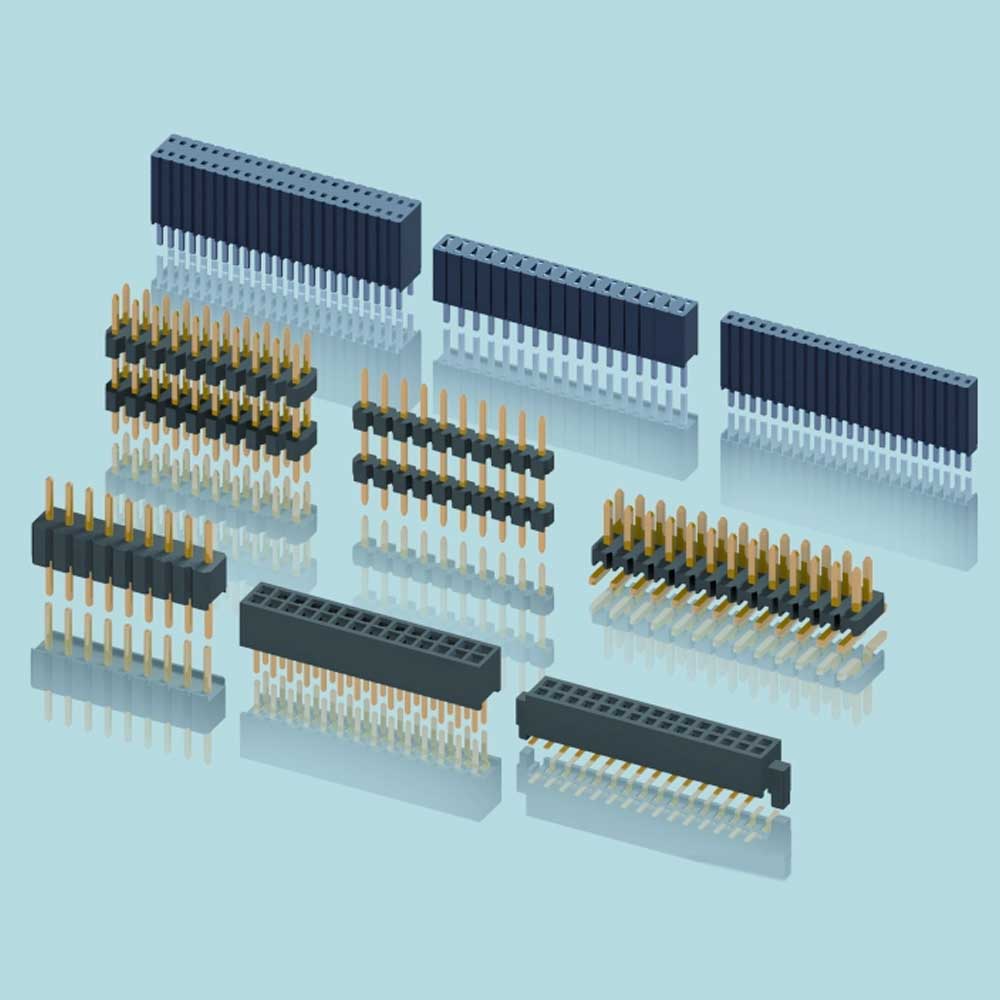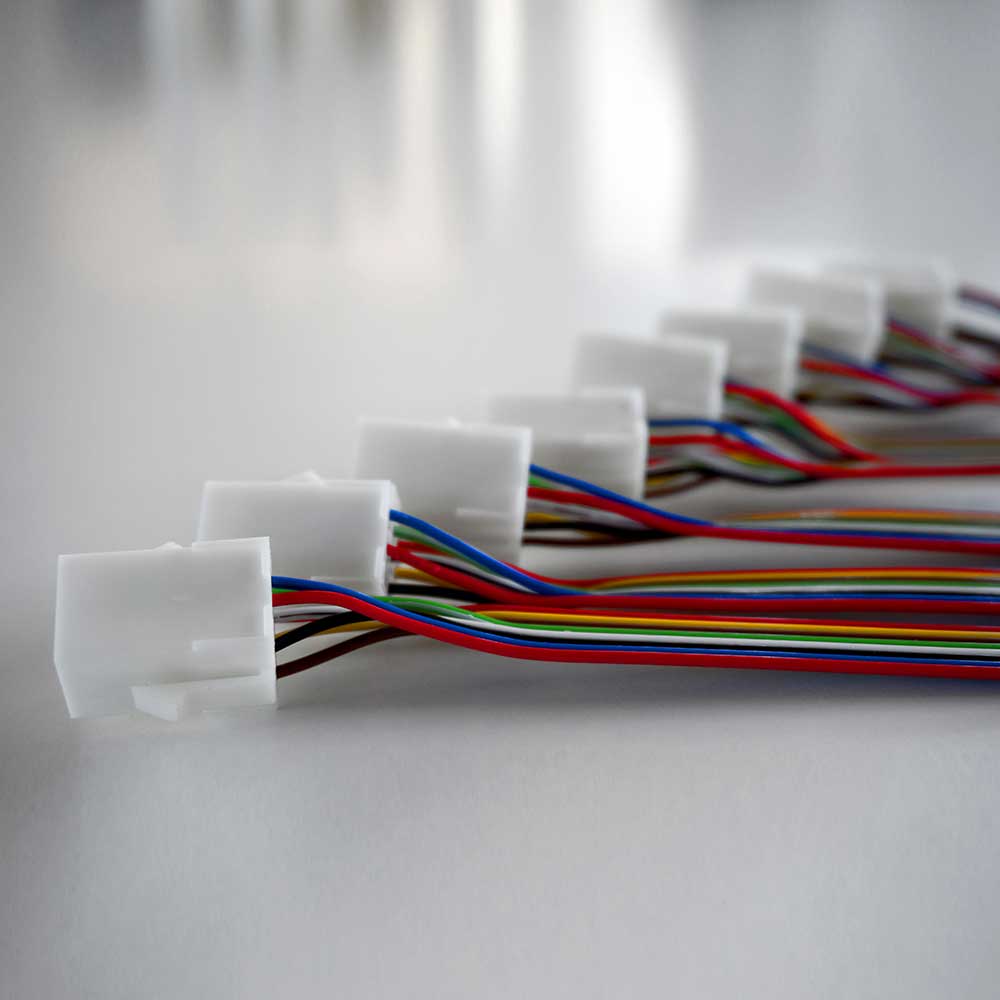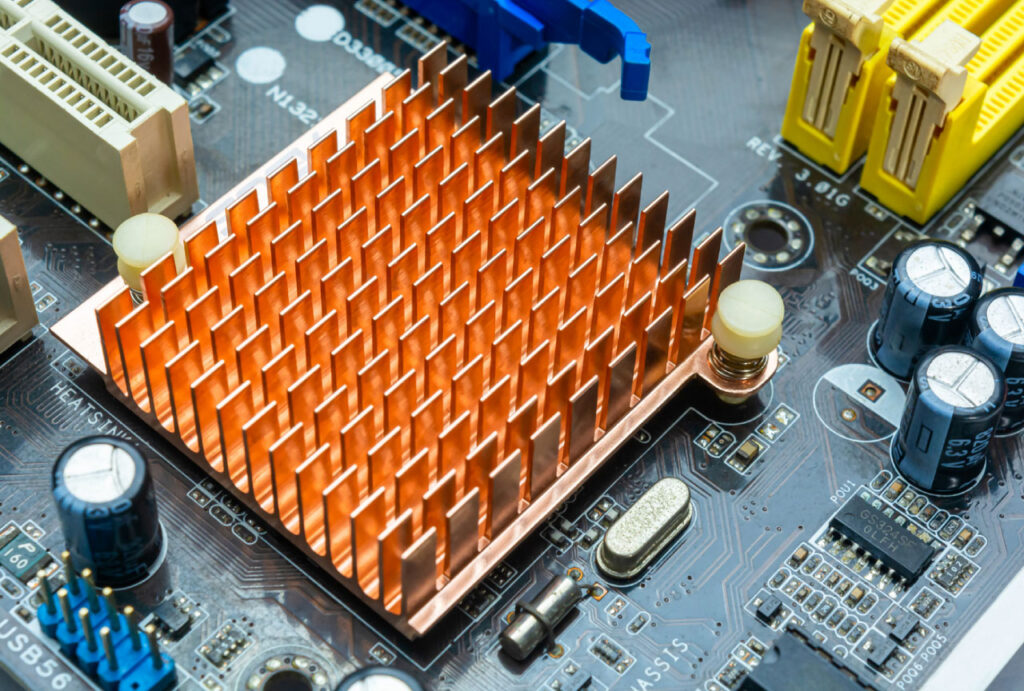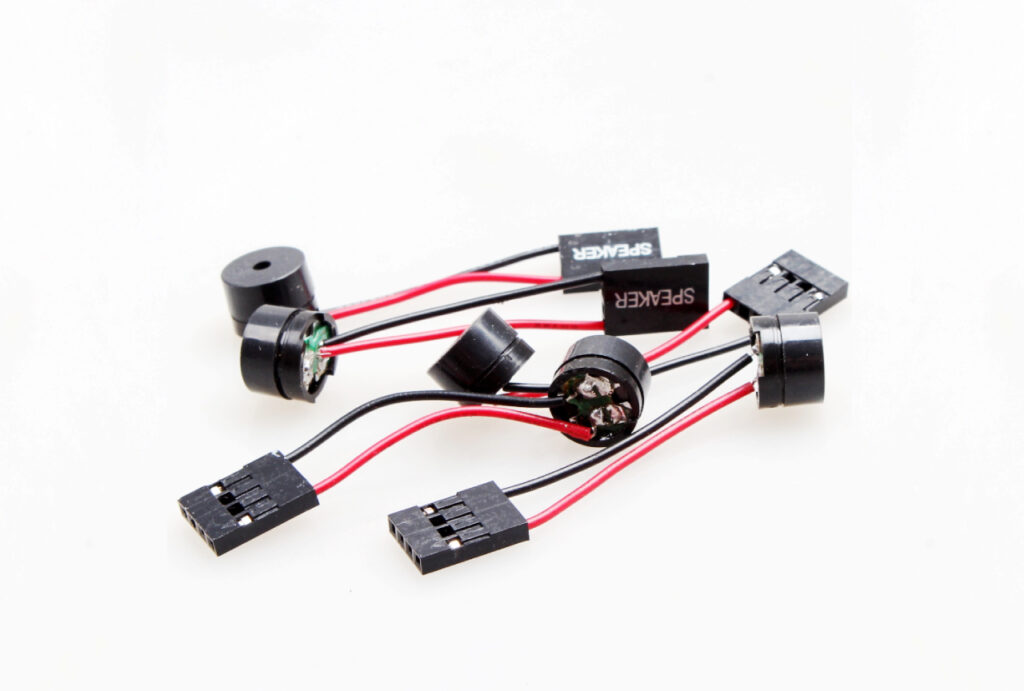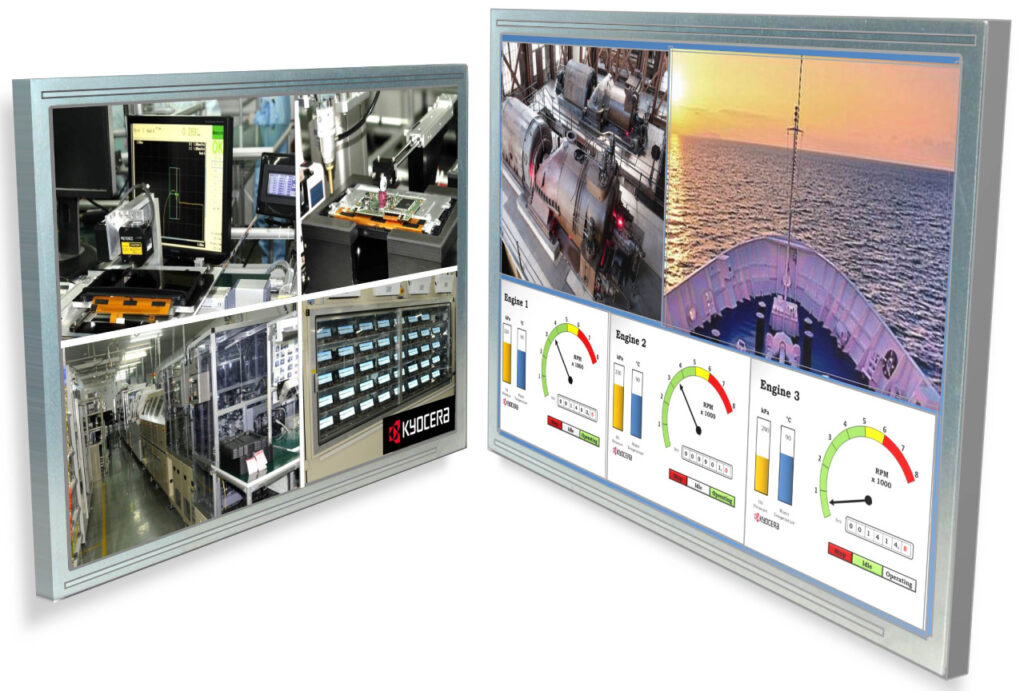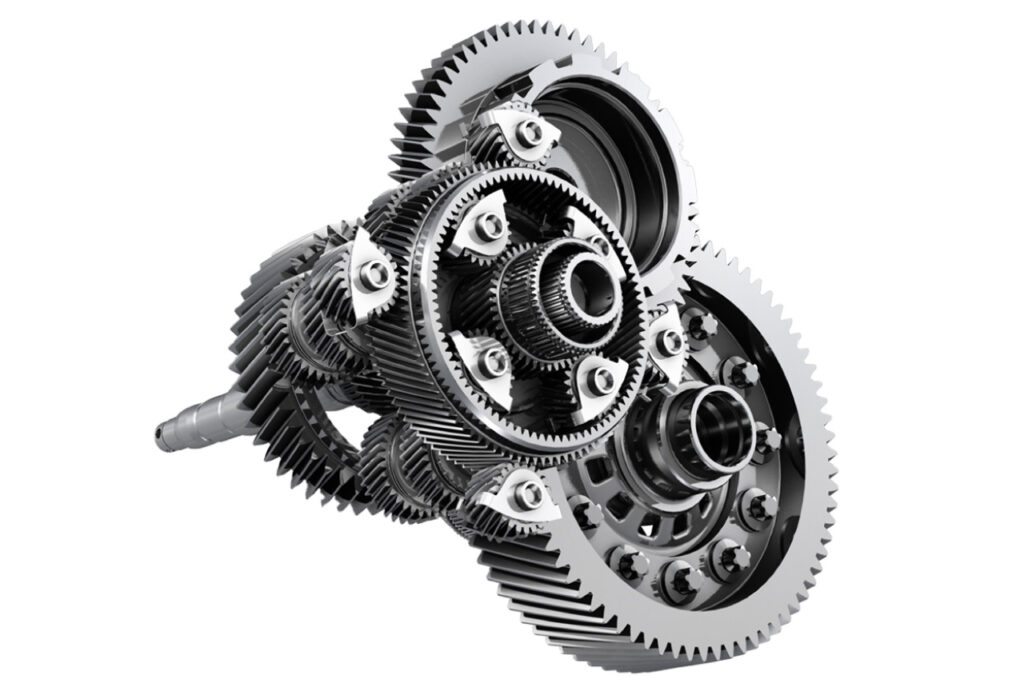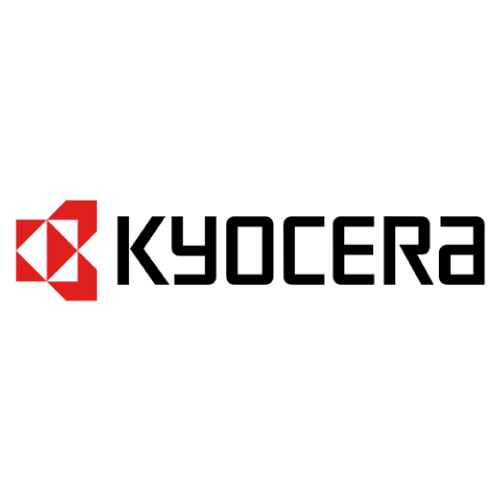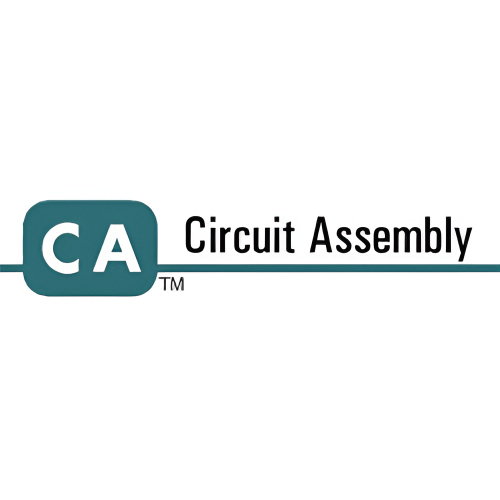Connectors
Electronic connectors are an integral part of modern technology that have revolutionized the way electronic devices are connected and operate. They allow for easy and secure connections between electronic components, and are used in a wide range of applications, from consumer electronics to medical devices and aerospace equipment. In this article, we will explore the technology behind electronic connectors, their advantages and limitations, and their various applications.
About
How the technology works
Electronic connectors are designed to facilitate the transfer of electrical signals and power between electronic components. They consist of a male and female component that can be plugged together to create a secure and stable connection. The male component typically features pins or prongs that fit into corresponding sockets or receptacles on the female component.
The pins and sockets are usually made of conductive metals, such as copper or gold, to ensure efficient transfer of electrical signals and power. The connectors are also designed to be mechanically stable and secure, with features such as locking mechanisms, latches, and snap-in designs to ensure a tight fit and prevent accidental disconnections.
Advantages and limitations
The use of electronic connectors offers a number of advantages over traditional wiring methods. They provide a secure and reliable connection that is easy to install and remove, making maintenance and repairs much simpler. They also allow for modular design and component interchangeability, which facilitates the development of complex electronic systems.
However, there are some limitations to the use of electronic connectors. They can be more expensive than traditional wiring methods, and their performance may be affected by environmental factors such as temperature and humidity. Additionally, connectors may be prone to wear and damage over time, which can affect their reliability.
Applications
Electronic connectors are used in a wide range of applications across many industries. In consumer electronics, they are used to connect peripherals such as keyboards, mice, and speakers to computers and other devices. They are also used in automotive and aerospace industries for a variety of applications, including wiring harnesses and avionics systems.
In the medical industry, electronic connectors are used in a variety of medical devices, such as ultrasound machines, monitors, and ventilators. They are also used in industrial automation systems, where they facilitate communication between different components of a manufacturing system.
Conclusion
Electronic connectors have become an indispensable part of modern technology, enabling efficient and reliable connections between electronic components. While they have their limitations, their many advantages make them an attractive choice for a wide range of applications across many industries. As technology continues to evolve, we can expect to see even more innovative uses for electronic connectors in the future.
